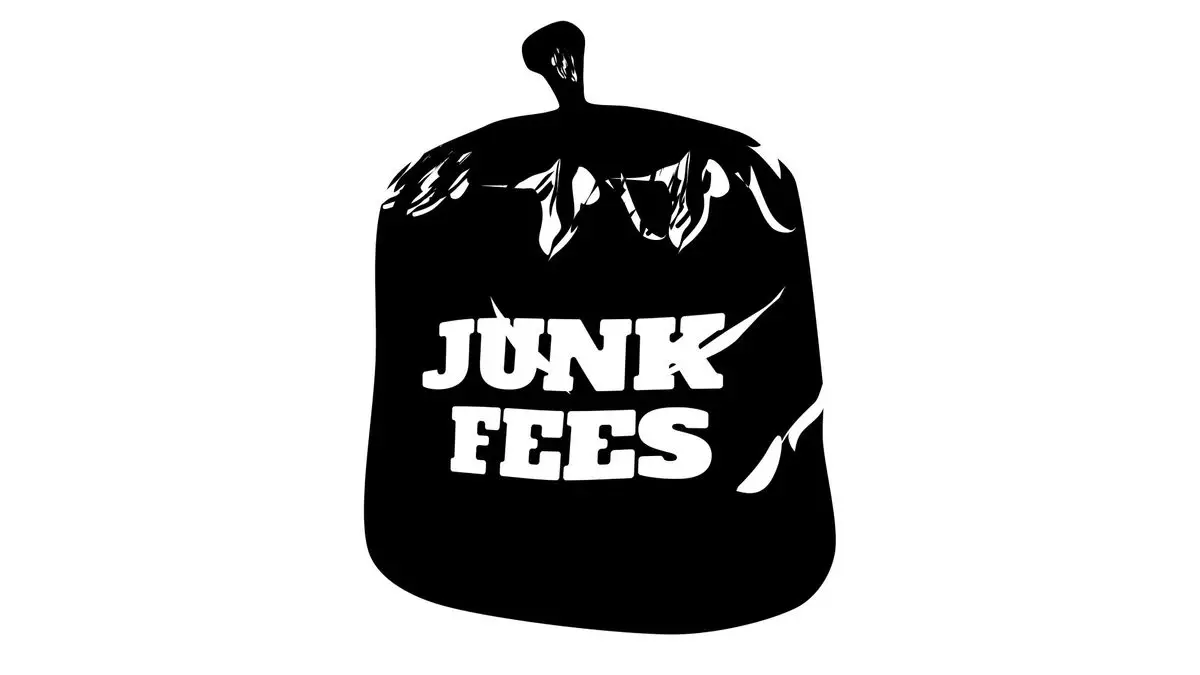In a significant move aimed at fostering transparency in consumer transactions, the Federal Trade Commission (FTC) has instituted a rule that mandates hotels, vacation rentals, and other short-term lodging providers to disclose all mandatory fees upfront. This newly enacted Junk Fees Rule, which also extends to event ticket sales, represents a concerted effort to dismantle deceptive pricing practices that have long plagued consumers. Traditionally, customers have been confronted with unexpected charges such as resort, service, or convenience fees that are often not mentioned until the point of payment, leaving them feeling frustrated and misled.
The impetus for such a regulatory measure stems from a growing public outcry against hidden fees that complicate the consumer purchasing experience. As FTC chair Lina Khan has articulated, consumers deserve the right to be fully informed of the total costs they will incur. This sentiment is particularly relevant in an era where individuals meticulously budget their finances. By eliminating the uncertainty surrounding hidden charges, the FTC aims to empower consumers with clearer information that fosters more responsible spending habits. This kind of transparency is especially crucial in an economy where many are striving to stretch their budgets as far as they can.
With an anticipated savings of over $11 billion for consumers over the next decade, and a whopping 53 million hours saved annually in search time for total prices, the public sentiment surrounding this regulation is largely positive. The potential impacts extend beyond just financial savings; they also include enhancing consumer trust in the hospitality and event ticket industries. On the flip side, businesses that previously relied on obscuring fees may need to adapt their pricing strategies to ensure compliance with the new rule. The FTC’s approach is aimed at leveling the playing field for businesses that are transparent in their pricing, while simultaneously holding accountable those that employ misleading tactics.
The road to implementing the Junk Fees Rule has been shaped by extensive public engagement. Following a public comment period that started in 2022 and received over 72,000 responses, the FTC sought to capture a wide range of consumer perspectives on the issue of hidden fees. The rule itself was proposed in October 2023 and garnered a 4-1 approval vote from the FTC, underlining the agency’s commitment to consumer protection. This collaborative approach not only adds legitimacy to the rule but also reinforces the notion that consumer voices have significant weight in shaping policy decisions.
As the Junk Fees Rule is scheduled to take effect 120 days after its publication in the Federal Register, both consumers and businesses bracing for its impact will be watching closely. The anticipation surrounding this regulatory change symbolizes a broader movement towards transparency in the marketplace. If successful, this rule could serve as a model for similar regulations in other industries, paving the way for a more transparent and equitable economic environment. It underscores a growing recognition that informed consumers can make better choices, ultimately fostering a healthier marketplace for all stakeholders involved.


Leave a Reply